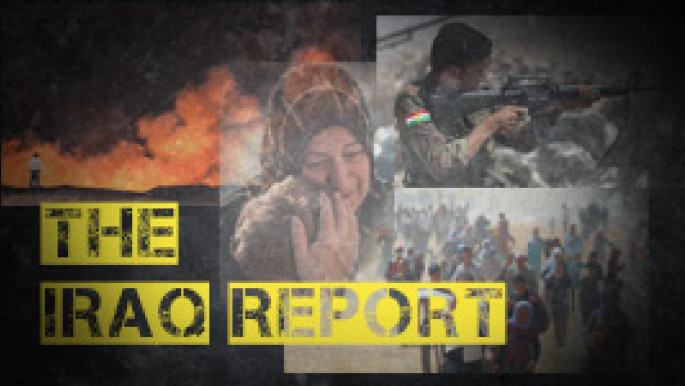Iraqi court orders arrest of Kurdish referendum organisers
Iraqi Kurds announced an overwhelming "yes" vote for independence on September 25 following a referendum that has incensed Baghdad.
Iraq's government has taken a series of punitive measures since the vote, including a blockade on international flights to the region and prohibiting the sale of dollars to banks in Kurdistan.
Turkey and Iran have also threatened to close their borders to oil exports.
Acting on a request from the National Security Council headed by Iraq's prime minister, a court in east Baghdad issued warrants against the chairman of the vote's organising commission Hendren Saleh and two other members, Supreme Judicial Council spokesman Abdel Sattar Bayraqdar told AFP.
It ruled that the three "organised the referendum in contravention of a ruling by the Iraqi supreme court," which had found the vote unconstitutional and ordered it called off.
The Supreme Court ruling came one week before the September 25 referendum, but the organisers went ahead with it regardless.
 |
|
| Catch up with our weekly round-up from Iraq |
Legal onslaught
The court's arrest order is part of a broader legal onslaught from Baghdad in retaliation for the vote.
Iraq has also launched a probe into Kurdistan's lucrative oil revenues and pledged to expose "corrupt" officials in the region who might have illegally monopolised the market.
Baghdad is also looking to reclaim control over mobile phone companies in the region, including two of the largest provides in Iraq.
Authorities also announced Tuesday that they are looking to reopen a key oil pipeline to Turkey that would a rival a competing Kurdish export route.
Iraq is pushing Turkey and Iran – which both opposed the ballot over fears of fuelling demands from their own sizeable Kurdish communities – to close their border posts with Kurdistan and stop all trade with the region.
Left without a state of their own when the borders of the Middle East were redrawn after World War One, the Kurds see themselves as the world's largest stateless people.
The non-Arab ethnic group of between 25 and 35 million is spread across Iraq, Iran, Turkey and Syria.
Click here to receive The Iraq Report each week in your inbox





 Follow the Middle East's top stories in English at The New Arab on Google News
Follow the Middle East's top stories in English at The New Arab on Google News


